What sort of activities and research is SATREPS engaged in?
Introducing examples of representative projects in each research field.
-
Environment/Energy
(Global-scale environmental issues)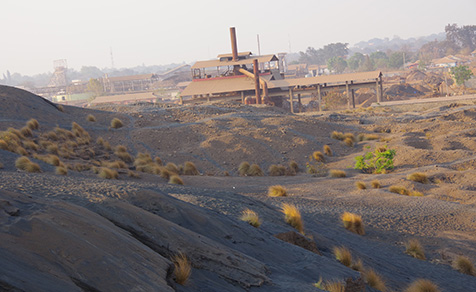
 Zambia
Zambia
Solve the lead (Pb) contamination problem through a multi-disciplinary approach!
This project brought together experts in multiple fields to provide a composite approach by explicating contamination mechanisms, assessing health risk and economic risk, and developing environmental remediation techniques, in order to produce real solutions to the issues of pollution and the serious risk to health.
-
Environment/Energy
(Carbon Neutrality)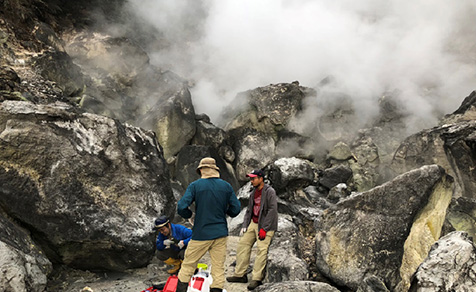
 Indonesia
Indonesia
Utilize Renewable Geothermal Energy for a Low-carbon Society
This project combined remote sensing techniques with geochemistry and mineralogy techniques to develop technology that could identify optimal locations (steam spots) for geothermal energy production with greater precision. The aim was for technology that cut both initial costs and operating risk, thereby contributing to the progress of geothermal exploration in Indonesia.
-
Environment/Energy
(Global-scale environmental issues)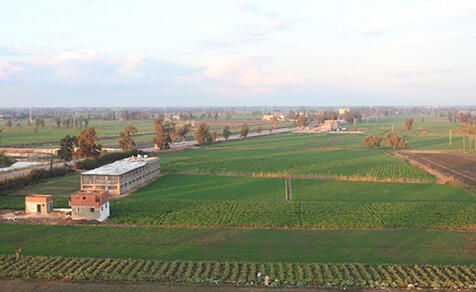
 Egypt
Egypt
Water conservation in the Nile basin
Saving water provides resources to turn desert into farmland
The research conducted by this project had the aim of solving the country's water shortage problems, and studied efficient irrigation, appropriate crop cultivation for Egyptian conditions, and reuse of water. As a result, the way has been opened to reducing the amount of water required for agriculture by up to about 20% to 30%.
-
Environment/Energy
(Carbon Neutrality)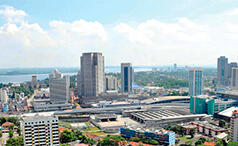
 Malaysia
Malaysia
For a future in which people can live with peace of mind
Developing scenarios for creating low-carbon societies
The aim of this project is to produce scenarios for the creation of a low-carbon society using Malaysia as the model. Comprehensive research will be conducted from all angles with the aim of producing scenarios that reflect the wishes and hopes of the many people living in Malaysia, as well as curbing greenhouse gas emissions.
-
Bioresources
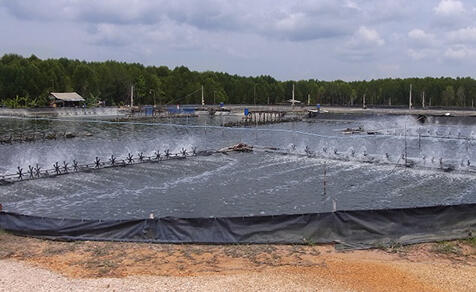
 Thailand
Thailand
Improved aquaculture technology will save the world!
Turning Southeast Asia into a world food storehouse
This project aims to develop new aquaculture technology in collaboration with the Kingdom of Thailand. In addition to being an important trading partner to Japan for fishery product imports, Thailand is a leader in Southeast Asia in the science of fisheries. This project aims to establish a range of technologies with the potential to turn Southeast Asia into a new storehouse of food for the world.
-
Disaster Prevention and Mitigation
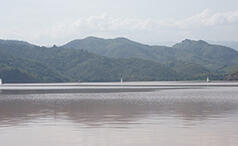
 Cameroon
Cameroon
Investigating the silent seeds of disaster in two lakes
Saving lives from disasters caused by CO2
This project aims to protect precious human life from disasters caused by such eruptions of CO2. It studies conditions in which limnic eruptions occur, and develops equipment that can pump water containing large amounts of CO2 up from the bottom of the lakes.
-
Infectious Diseases Control
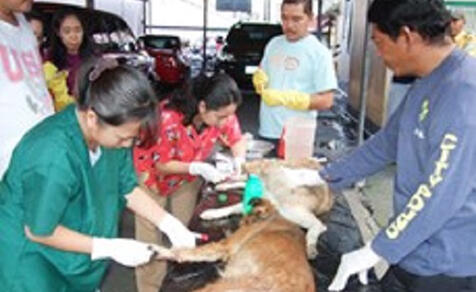
 Philippines
Philippines
Saving humanity from leptospirosis
Battling infectious disease with vaccines and diagnostic technology
Leptospirosis is a zoonotic disease, which means that it can be passed from animals to humans. This project conducted research with the aim of establishing preventive measures and developing a rapid diagnostic method including a detailed study in the Philippines, where the disease is widespread. The project successfully achieved many outcomes that will hopefully contribute in controlling leptospirosis.
-
Environment/Energy
(Climate change)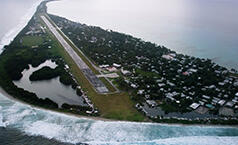
 Tuvalu
Tuvalu
Saving the Sinking Islands of Tuvalu with Star Sand
Countering the rising sea level with the islands'own resources
Two‐thirds of the land of Tuvalu is actually made up of foraminifera sand. The aim of this project is to cultivate foraminifera in order to increase sand production, thereby restoring the islands' natural abilities to deal with the rising sea level.
-
Environment/Energy
(Climate change)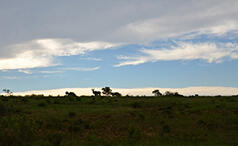
 Republic of South Africa
Republic of South Africa
"Artificial Earth" Offers Seasonal Climate Predictions a Year in Advance
The irreplaceable Earth "simulated" by computer
SATREPS project utilizes Japan's world‐class supercomputer, JAMSTEC Earth Simulator, to create an artificial Earth in order to forecast the climate up to a year in advance.
-
Bioresources
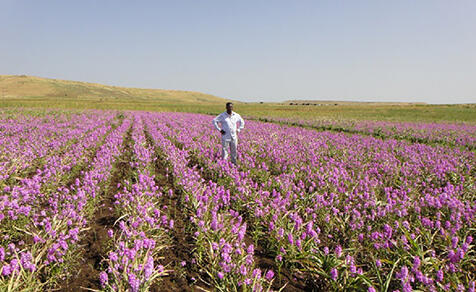
 Sudan
Sudan
Striking Out against Striga called Witchweed!
Creating an Africa that can win the battle against root parasitic weeds
Farming in Sudan is being seriously debilitated because of a plant called "Witchweed". SATREPS project aims to come up with countermeasures that are inexpensive, adapted to the Sudanese culture, and easy for the farmers to implement.
-
Environment/Energy
(Global-scale environmental issues)
 Burkina Faso
Burkina Faso
Don't Mix/Don't Collect
Sustainable sanitation for the Sahel
Water and sanitary systems have a large part to play in breaking the cycle of poverty. SATREPS project provides sustainable solutions.
-
Bioresources
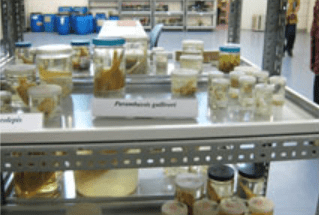
 Indonesia
Indonesia
World-class Microbial Resource Center
Re-evaluating and developing bioresources in Indonesia
Reasearchers collect microorganisms that are potentially useful for agriculture and livestock production, determining their characteristics and creating a database that contributes to the safe and sustainable use of microbial resources.
-
Disaster Prevention and Mitigation
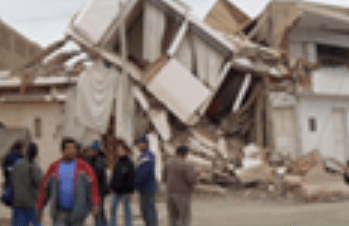
 Peru
Peru
Earthquake and Tsunami Disaster Mitigation
Global benefits from Japan-Peru research
Researchers from two countries with similar seismic environments collaborate to generate new knowledge that enhances the technology for mitigating earthquake and tsunami disasters.
-
Infectious Diseases Control
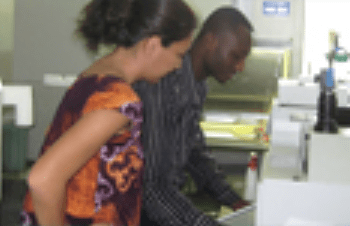
 Ghana
Ghana
Developing new medicines for infectious diseases
Studies based on Ghanaian medicinal plants
By discovering scientific evidence to support traditional healthcare resources, researchers hope to raise treatment rates by facilitating therapeutic strategies that suit local requirements.
Case Studies
Contact Us
Japan Science and Technology Agency (JST)
Department of International Affairs
SATREPS Group
TEL : +81-3-5214-8085













